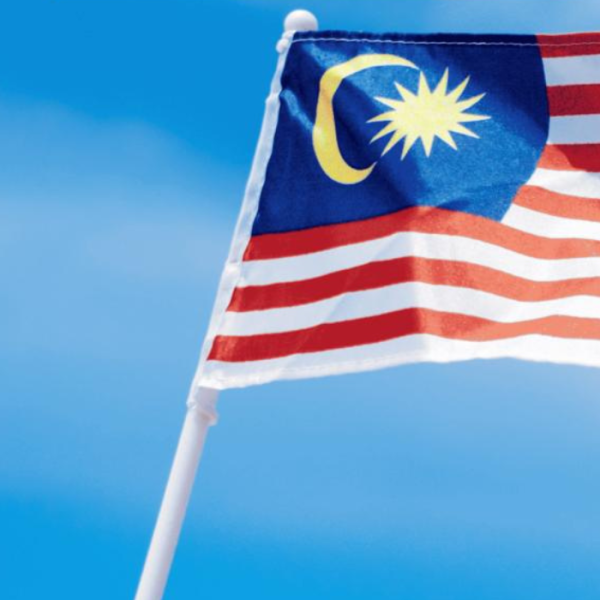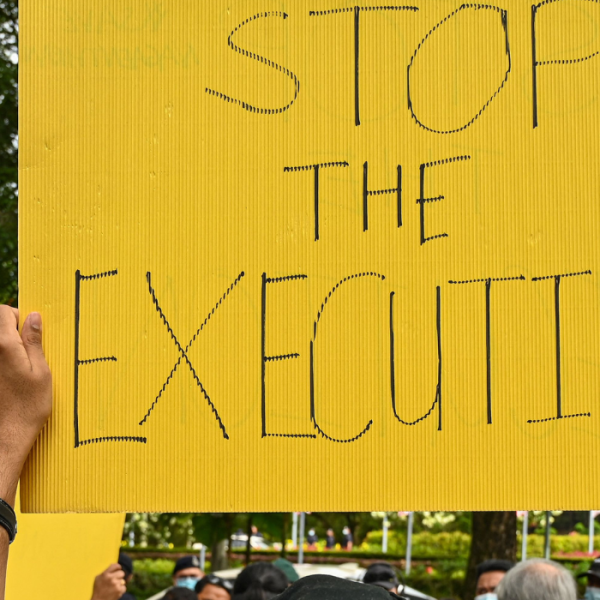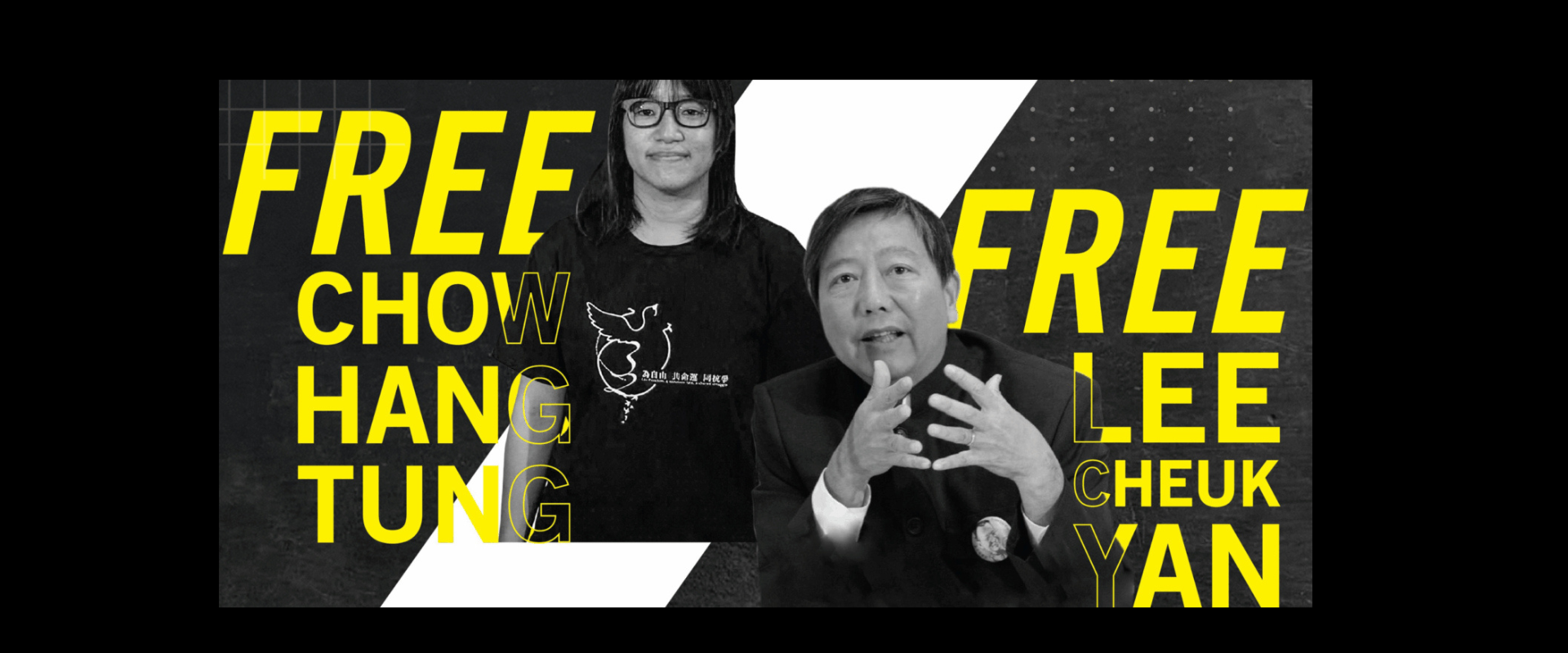美國應敦促馬來西亞放棄種族歧視政策
國際特赦組織公開聲明|2010年4月12日
馬來西亞總理納吉(Najib Tun Razak)本週訪問美國時,美國政府官員應要求他終結馬國對非馬來族群的制度化歧視體制。
做為第一步,馬來西亞應該同意批准《消除一切形式種族歧視公約(CERD)》。這項聯合國條約已得到173個國家批准。
馬國總理在華府停留期間,預定要會見美國總統歐巴馬,以及多位行政官員和國會議員。
現行的制度化歧視體制起源於1970年的「新經濟計劃」,其中多項政策均偏袒馬國「土族」(Bumiputeras,意為「土地之子」)。所謂土族包括馬來人和某些原住民群體,其總人口佔馬國多數。
在他3月30日宣佈新經濟政策時,納吉總理親口表示,這些歧視政策有必要加以改革。他說:「已經太久了,我們執行的弱勢優待政策並沒有照顧到最需要的人。」他宣示要改革偏袒土族的政策,採取市場化、績效化、透明化、注重需求面的經濟路線。
聯合國人權事務委員會(UN Human Rights Committee)曾確認,國家為了消除歧視,可以採取特殊優惠措施(affirmative action)。但委員會同時指出,這種措施應以「為消除歧視而有實際需要者」為限。
馬來西亞現行的一些偏袒土族的政策,反而造成種族歧視的制度化,包括在教育和就業等重要領域。
例如,在教育上,非馬來人學生不得就讀學生人數達十二萬人的國立馬拉科技大學(University Teknologi Mara, UiTM)。政府曾在2008年否決一項改變這項政策的提議。
在就業方面,馬來多數族群有擔任公務員的優惠保障名額。舉例而言,根據柔佛州首席部長於2010年初表示,馬來人佔該州公務員人數的98.47%;然而,馬來人佔該州總人口的比例僅有54%。
在馬來西亞,公開討論種族歧視問題可能被判刑。2003年,名為Malaysiakini的一個網站曾因張貼批評馬來人特權的文章而遭警察搜索,並依《煽動判亂法》暫停營運。
2008年,政府引用《煽動判亂法》查禁印度裔國民的平權運動組織「HINDRAF」。該組織五位領導人被捕,依《國內安全法》不經審判拘留數月後才獲釋。
馬來西亞目前正在爭取聯合國人權理事會(UN Human Rights Council)的席次,它應該儘速批准《消除一切形式種族歧視公約》,才能向聯合國各會員國展現其終結種族歧視的決心。
AI Index: ASA 28/008/2010
[ENGLISH]
AMNESTY INTERNATIONAL
PUBLIC STATEMENT
AI Index: ASA 28/008/2010
12 APRIL 2010
Malaysia: US should press Najib to scrap policy of racial discrimination
When Malaysian Prime Minister Najib Tun Razak visits the United States this week, US government officials should press him to end Malaysia’s institutionalised system of discrimination against non-ethnic Malays.
As a first step, Malaysia should agree to ratify the Convention on the Elimination of All Forms of Racial Discrimination (CERD), a UN treaty already ratified by 173 countries.
In Washington, the Malaysian prime minister is scheduled to meet with US President Barack Obama, administration officials and members of Congress.
The current insitutionalized system of discrimination originated with the 1970 “New Economic Plan”, which established wide-ranging policies in favour of Bumiputeras, or "sons of the soil". This category encompasses ethnic Malays and certain groups of Indigenous people, who together comprise the majority of the country’s population.
In a 30 March speech unveiling a new economic plan, Prime Minister Najib himself acknowledged the need to reform these policies, stating: “For too long, the implementation of our affirmative action policies has not reached those who needed them the most.” He announced reforms to the policy favouring Bumiputeras over other ethnic groups, saying it would be market-friendly, merit-based, transparent and needs-based.
The UN Human Rights Committee has established that countries have the prerogative to take affirmative action against conditions that cause discrimination. However, it also said that this action is legitimate only “as long as such action is needed to correct discrimination in fact”.
But Malaysia’s current policies favouring Bumiputeras institutionalise racial discrimination across a number of key areas, including education and employment.
In education, for example, non-Malay students are banned from attending the state-owned University Teknologi Mara (UiTM), which has a student body of 120,000. In 2008 the government rejected a proposal to reverse this policy.
In employment, preferential quotas in the civil service privilege the Malay majority. For example, in early 2010, Malays accounted for 98.47% of civil service jobs in Johor state, according to its Chief Minister. Meanwhile, around 54% of the state’s population is Malay.
Issues of racial discrimination cannot be discussed publicly in Malaysia without running the risk of prosecution under criminal law. After it published a letter criticising Malay “special rights”, the website Malaysiakini was raided by police in 2003 and closed down temporarily under the Sedition Act.
In 2008 the group HINDRAF, advocating for equal rights for Malaysian Indians, was banned under the Societies Act. Five of its leaders were detained without charge for several months under the Internal Security Act, although they were all subsequently released.
As Malaysia is currently seeking a seat on the UN Human Rights Council, it should ratify CERD without delay, to demonstrate to UN members that it is serious about ending racial discrimination.
更多影音
- 全球
酷刑工具是如何被警方用來針對示威者?
- 全球
阿姆內斯提青春大舞台 2024高中生人權營
失去眼睛的警察暴力倖存者萊迪述說她的遭遇
- 全球









